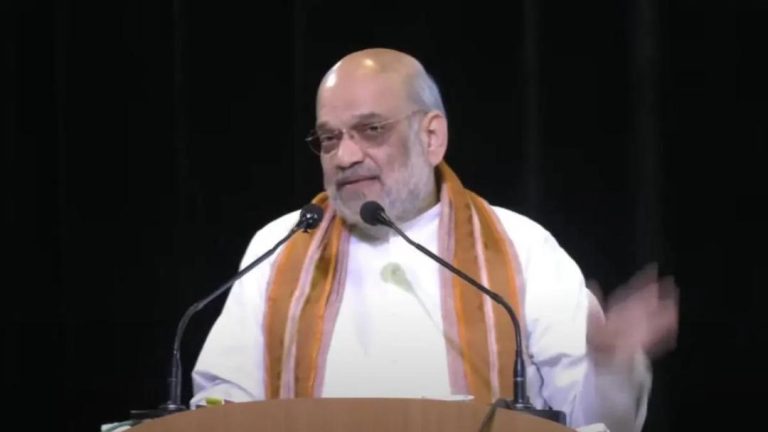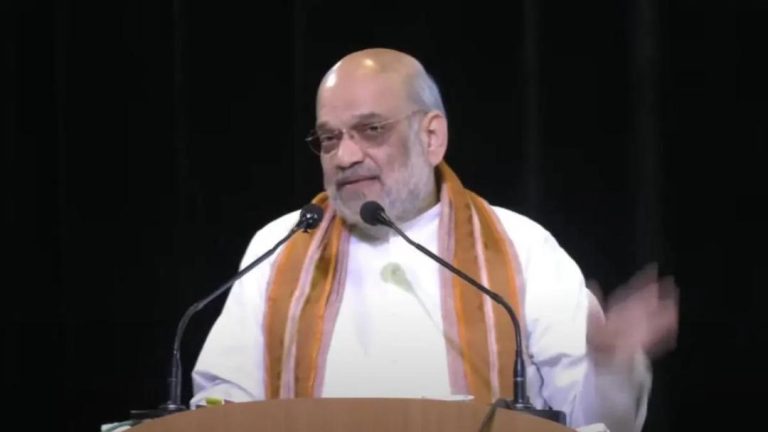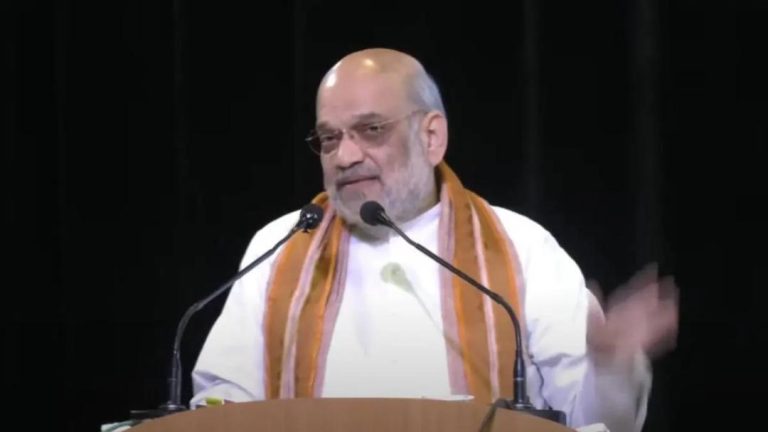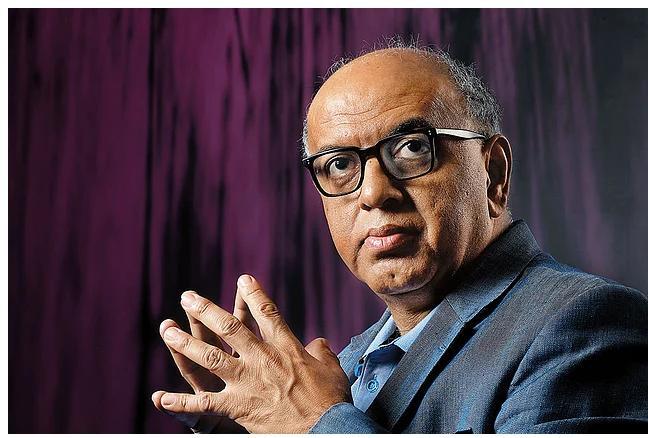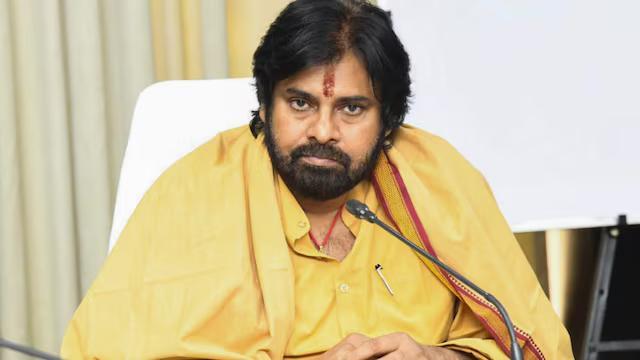
Can opt for Tamil, Telugu if you don’t wish to learn Hindi: Kalyan
The long-standing debate over the three-language formula in India has been revived, with many arguing that Hindi should be compulsory for all students. However, Andhra Pradesh Deputy Chief Minister Pawan Kalyan has recently clarified that students have the flexibility to learn any two Indian languages, including their mother tongue, alongside a foreign language. In fact, he stated that if students do not wish to learn Hindi, they can opt for other Indian languages such as Telugu, Tamil, Malayalam, or Kannada.
This clarification comes as a relief to many students and parents who have been opposing the imposition of Hindi as a compulsory language. The National Education Policy (NEP) 2020, which was introduced by the Central government, had sparked controversy over the three-language formula, which suggests that students should learn three languages – their mother tongue, Hindi, and a foreign language. However, Kalyan’s statement suggests that students have the freedom to choose any two Indian languages, including their mother tongue, and opt out of Hindi if they prefer.
Kalyan’s statement was echoed by actor Prakash Raj, who has been a vocal critic of the three-language formula. Raj has been advocating for the preservation of regional languages and cultures, and has been critical of the government’s attempts to impose Hindi on non-Hindi speaking states. According to Raj, the NEP offers students the choice to learn any two Indian languages, and students who do not wish to learn Hindi can opt for other languages such as Telugu, Tamil, or Malayalam.
The debate over the three-language formula has been ongoing for several years, with many arguing that Hindi should be compulsory for all students. Proponents of the formula argue that Hindi is the most widely spoken language in India and that it is essential for national integration. However, opponents of the formula argue that Hindi is not the mother tongue of many Indians, particularly in the southern states, and that imposing it on them would be a form of linguistic imperialism.
The controversy over the three-language formula has been further fueled by the fact that the NEP does not provide a clear definition of what constitutes a “foreign language”. Many have argued that the NEP’s definition of a foreign language is too broad and could lead to the imposition of languages such as Sanskrit or Persian, which are not widely spoken in India.
In contrast, Kalyan’s statement suggests that students have the flexibility to choose any two Indian languages, including their mother tongue, and opt out of Hindi if they prefer. This could be a welcome relief for students and parents who have been opposing the imposition of Hindi as a compulsory language. However, it is unclear whether the NEP will be implemented in its current form, or whether the government will make any changes to the policy in response to the controversy.
The debate over the three-language formula is not just about language, but also about identity and culture. For many Indians, their mother tongue is an integral part of their identity and culture, and imposing Hindi on them could be seen as an attack on their cultural heritage. The controversy over the three-language formula has also highlighted the need for greater linguistic diversity and cultural exchange in India.
In conclusion, Kalyan’s statement has clarified that students have the flexibility to learn any two Indian languages, including their mother tongue, alongside a foreign language. This could be a welcome relief for students and parents who have been opposing the imposition of Hindi as a compulsory language. However, the controversy over the three-language formula is unlikely to be resolved anytime soon, and it remains to be seen whether the NEP will be implemented in its current form.
